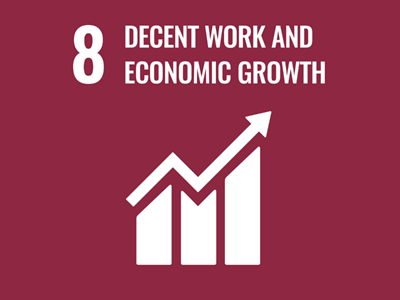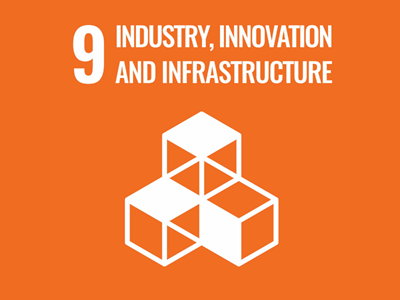About the Project
PROGRESSE: Productivity Growth and Resource Efficiency through EU Incentive System Evaluation in Portugal
This project addresses the challenge of evaluating the effectiveness of the European Structural and Investment Funds (ESIF) in fostering productivity and innovation within Portuguese businesses. The study focuses on assessing the impact of these incentives, particularly on new companies, and explores their interplay with private investment mechanisms like venture capital.
The core objective is to enhance understanding of how ESIF support influences productivity growth, resource efficiency, and economic innovation. To this end, the project integrates advanced causal inference methods, such as staggered-design Difference-in-Differences (DiD) estimators and causal trees, to capture the heterogeneity in treatment effects. This innovative approach ensures a nuanced evaluation of the factors that enable or hinder the success of these incentive programs.
The activities include:
- Policy Typology and Historical Analysis: Systematizing past and current ESIF incentive systems.
- Data Integration and Preprocessing: Building a comprehensive longitudinal dataset that combines ESIF funding information with company performance metrics.
- Impact Evaluation: Applying staggered-design DiD estimators to quantify the effect of incentives on productivity.
- Heterogeneity Analysis: Using causal tree methodologies to assess how impacts vary across companies and entrepreneurs with differing characteristics.
- Dissemination: Producing policy briefs, scientific articles, and engaging stakeholders through workshops and presentations.






